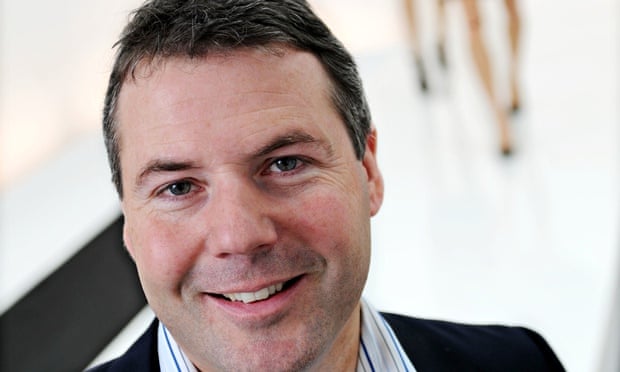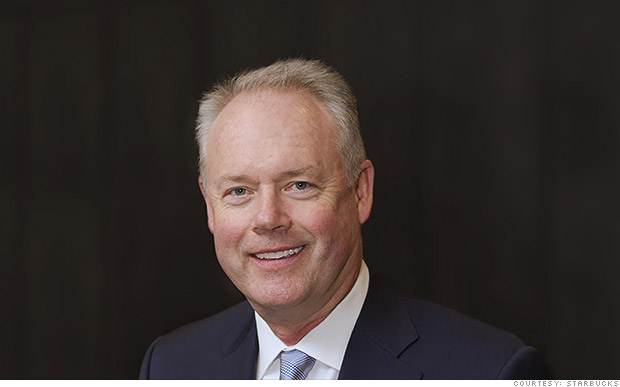Anyone who has experience with a successful and growing
early stage company has seen it. Venture
capitalists often struggle with it. Boards
end up agonizing about it. Other employees
complain about it.
Sooner or later it becomes obvious. Founders try to avoid taking action on it. It
festers. Organizations suffer.
Early stage leadership teams can become a constraint on future
growth. Not that they weren’t valuable
along the way. It’s just that their skill
sets and capabilities may not scale at the same rate as the company’s growth.
It is the savvy
founder who plans for this in advance.
Shedding members of a founding team is as natural as a snake
shedding its skin. Snakes shed their
skins multiple times during their lives, more frequently during their early years. So too is the fate of most leadership teams -
at least if the company intends to grow.
 “The old skin has to be shed before the new one can come,” said
Joseph Campbell, American
mythologist, writer and lecturer.
The snake shedding its skin has been seen as an ancient metaphor for
inner growth.
“The old skin has to be shed before the new one can come,” said
Joseph Campbell, American
mythologist, writer and lecturer.
The snake shedding its skin has been seen as an ancient metaphor for
inner growth.
Coincidentally, a snake about to shed its skin begins to experience
physical changes. Its skin becomes dull,
its eyes cloud, and increasingly it exhibits nervous behavior – perhaps because
its vision is blurry. Companies in need
of transitioning their leadership might exhibit similar symptoms.
Rather than ignore this issue and hope it goes away, savvy CEOs
should plan for it. There always will be
some early team members who have the farsightedness and ability to grow their
skill sets in step with the company’s changing needs. But most will naturally be left behind. As
organizations mature, the leadership required is quite different. The skills and experience necessary to lead
the next phase of growth changes. There
is nothing unique or tragic about this process.
It is a natural part of organizational maturity. Shed your skin
so you can grow.
Just like ripping off
a band-aid, shedding leaders can be momentarily painful.
Early leaders provide critical value during their tenure and
should be compensated for their impact.
But compensation for past contribution does not mean they are assured a continuing
role on the team.
Is demotion
appropriate?
Often we hear that founders, in an effort to assuage the
pain, re-assign the former executive to report to the new upgraded leader. The exec brought in to contribute new skills
and capabilities becomes the former leader’s boss. What effectively occurs is a demotion in
place.
The process often plays out like this:
- Founder realizes (often from outside influence)
that a team member requires upgrading.
- A search ensues and a new executive is
recruited.
- To avoid having to sever what has become more
than a mere working relationship between the founder and his early team member,
the founder tries to appease his friend by keeping her around. She now reports to the newly hired exec.
- Early team member is offended but outwardly agrees
to the demotion.
- Early team member complains to anyone who will
listen, sews cancerous seeds, and if you are lucky leaves as soon as they have
a better opportunity.
No one ever succeeds after being demoted. That’s is a psychological certainty. Rip that
band-aid off!
Just like a growing
snake, the founder (or successor) should expect to shed leadership team members
multiples times as the company matures.


 “The old skin has to be shed before the new one can come,” said
Joseph Campbell, American
mythologist, writer and lecturer.
The snake shedding its skin has been seen as an ancient metaphor for
inner growth.
“The old skin has to be shed before the new one can come,” said
Joseph Campbell, American
mythologist, writer and lecturer.
The snake shedding its skin has been seen as an ancient metaphor for
inner growth. 
 In December we posted the blog article below on Sean Rad's departure from the leadership at Tinder. Well on second thought, perhaps his egregious behavior was just not that bad. He's baaaaaack! Talk about a quick founder rebound.
In December we posted the blog article below on Sean Rad's departure from the leadership at Tinder. Well on second thought, perhaps his egregious behavior was just not that bad. He's baaaaaack! Talk about a quick founder rebound. 



